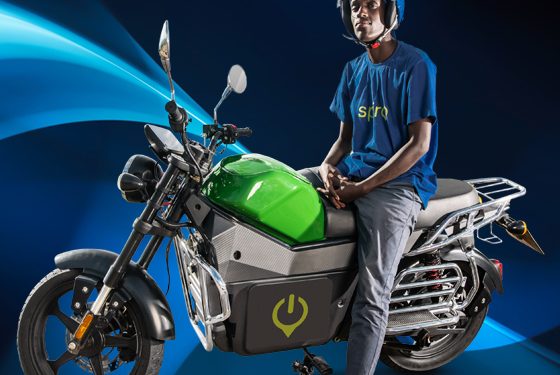Over 90% of Spiro’s EV sales in Kenya are two-wheelers, signalling that Boda Boda riders are now at the forefront of EV transition in Kenya.
The Boda Boda industry in Kenya cannot be ignored in the larger scheme of EV transition.
With over three million riders in the country, ensuring that numerous alternatives to internal combustion engine (ICE) motorbikes exist in the market will be crucial in reducing carbon emissions.
Over 90% of Spiro’s EV sales in Kenya are two-wheelers, signalling that Boda Boda riders are now at the forefront of EV transition in Kenya. Spiro electric bikes can enable Boda Boda riders to earn 35 – 40% more than when using fuel-powered bikes.
According to a Spiro bike rider, Dennis Okeri, swapping batteries at only KSh 290 helps its riders to save costs and have more money to spend on other commitments.
“The cost of fuel kept rising. The only option for me was to find a motorbike that does not use fuel. When you compare the cost of fuel and the cost of a Spiro battery, the latter option is much cheaper,” Okeri said.
The battery life of these electric bikes lasts at an average of 75 – 80 kilometres. The bikes can go at a speed of uptown 85 kilometres per hour, which enables riders ferry their customers at a faster pace around urban areas.
Okeri, who got a Spiro EV bike three months ago, acclaimed its shape and design as “presentable” and lauded its speed limit.
Spiro EV bikes are also designed to handle a maximum weight of 105 kilograms. The bike’s shape is ideally suited for durability and convenient for riders who want to carry passengers or enter the deliveries business.
“Most of the time I do deliveries. The Spiro bike can handle the load comfortably. And even when I switch to Boda Boda, the bike can sustain a customer’s weight,” Okeri concluded.




